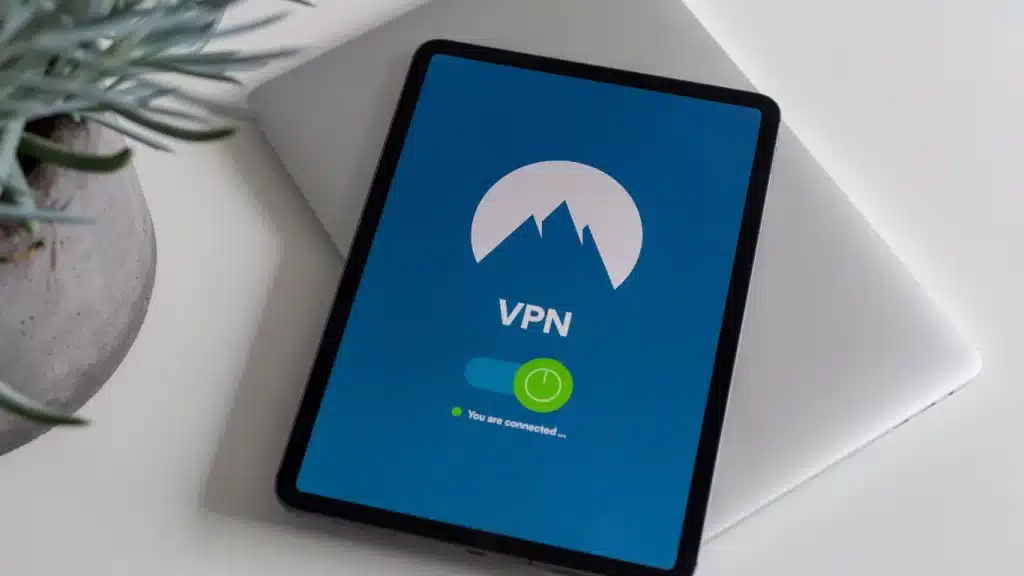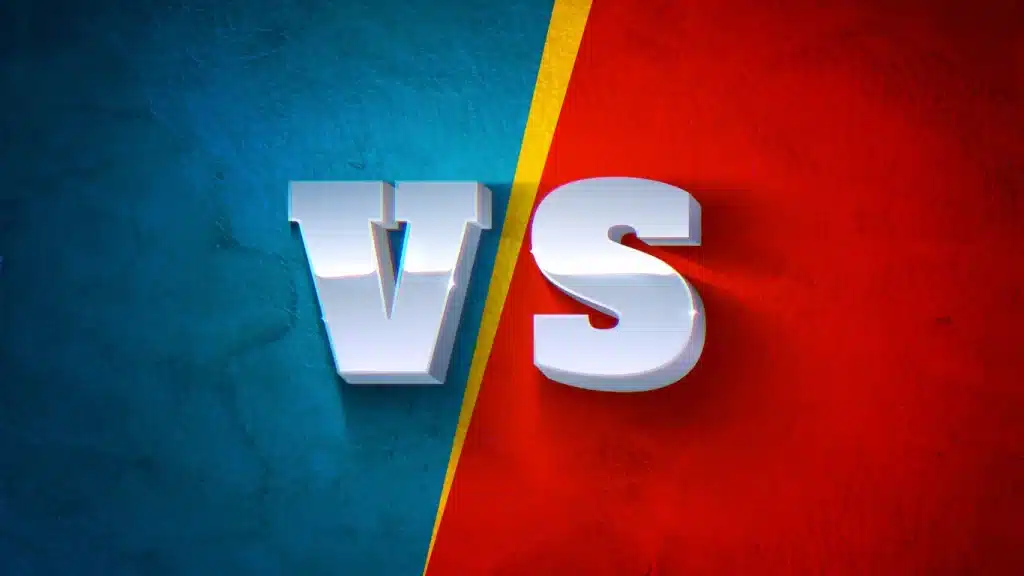In today’s digital landscape, where privacy and security are paramount, many internet users are seeking ways to protect themselves while browsing the web. Two popular options for enhancing online privacy are proxy servers and virtual private networks (VPNs). While VPN vs proxy both serve as intermediaries between your device and the internet, there are significant differences between the two. Throughout this guide, we will explore the differences and help you choose the best solution for your privacy and safety needs.
What is a Proxy Server?
A proxy server acts as a bridge from your device and the websites or applications you use on the internet. When you send a request to a website, it is first routed through the proxy server, which then transmits the request to the appropriate server. The proxy server masks your IP address, replacing it with its own, thereby concealing your identity from the website you are visiting. This anonymity makes proxy servers useful for bypassing content restrictions and accessing geo-restricted content.
Types of Proxy Servers
There are many types of proxy servers, each with different purposes.
- HTTP Proxies: These proxies are primarily used for web browsing. By configuring your browser to use an HTTP proxy server, all your browser traffic is routed through it. HTTP proxies are commonly used to access geo-restricted content, allowing users to overcome regional limitations and access blocked websites.
- SOCKS5 Proxies: While similar to HTTP proxies, SOCKS5 proxies are not limited to web traffic. They can be used for various applications, including file-sharing, video streaming, and online gaming. However, the use of free SOCKS5 proxies may result in slower browsing speeds due to limited configuration options and infrastructure.
- Transparent Proxies: Transparent proxies are set up by organizations or institutions to monitor and control users’ internet activity. They can block access to specific websites, authenticate users on public Wi-Fi networks, or restrict access in educational or corporate settings.
What is a Virtual Private Network (VPN)?

A virtual private network, also known as a VPN, creates a protected connection between your device and the internet. It creates a private network within a public network, allowing you to browse the web anonymously and securely. Unlike a proxy server, which only masks your IP address, a VPN encrypts all your internet traffic, ensuring that your data remains secure and private.
How Does a VPN Work?
When you connect to a VPN server, your device establishes an encrypted tunnel between your device and the server. All your internet traffic is routed throughout this tunnel, protecting it from being exposed. The VPN server is a gateway to the internet, replacing your IP address with its own, making it difficult for anyone to trace your activities back to its origin – your device.
Benefits of Using a VPN
Using a VPN offers several advantages over a proxy server:
- Data Encryption: A VPN encrypts all your internet traffic, safeguarding your sensitive information from hackers, government surveillance, and other malicious entities. This encryption ensures that your online activities, such as online banking or shopping, remain private and secure.
- Privacy Protection: VPNs protect your privacy by simply hiding your IP address and location. Making it nearly impossible for websites, advertisers, and other third parties to track your activities and gather personal information.
- Bypassing Geo-Restrictions: VPNs allow you to bypass geo-restrictions and access content that may be blocked in your area. By connecting to a VPN server in a different country, you can appear as if you are browsing from that location, opening up a world of content possibilities.
- Enhanced Security on Public Wi-Fi: When connecting to public Wi-Fi networks, VPNs provide an extra layer of security. By encrypting your traffic, VPNs protect your data from potential threats lurking on these networks.
Differences Between VPN vs Proxy

While both proxy servers and VPNs offer increased online privacy and security, there are significant differences between the two.
- Data Encryption: Perhaps the most significant difference between proxy vs VPNs is data encryption. While VPNs encrypt all your internet traffic, proxy servers do not provide encryption. This means that when using a proxy server, your data is not protected from potential eavesdroppers.
- Privacy Protection: VPNs provide complete privacy protection by concealing your IP address and encrypting your internet traffic. This ensures that your online activities are kept private and secure. Proxy servers, on the other hand, only mask your IP address, offering limited privacy benefits.
- Coverage and Compatibility: VPNs work at the operating system level, meaning they encrypt all your internet traffic, regardless of the application or website. Proxy servers, on the other hand, only work at the application level and can only route traffic for specific apps or browsers.
- Speed and Performance: VPNs may sometimes result in slower browsing due to the encryption process. However, with advancements in technology, modern VPN services strive to minimize any noticeable impact on internet speeds. Proxy servers, particularly free ones, may also slow down your browsing experience, depending on factors such as infrastructure and configuration options.
Which Should You Choose: Proxy or VPN?
The choice between a proxy server and a VPN ultimately depends on your specific needs and priorities. Here are some considerations to help you decide:
- Browsing Convenience: If your main goal is to access geo-restricted content or bypass content restrictions on specific websites, a proxy server may be sufficient. Proxy servers are generally easier to set up and configure for specific applications or websites.
- Privacy and Security: If you prioritize comprehensive privacy and security, a VPN is the better option. VPNs encrypt all your internet traffic, keeping your data secure and protected from potential threats. They also offer a higher level of anonymity by hiding your IP address and location.
- Data Protection: If you engage in sensitive online activities, like online banking or transmitting confidential information, a VPN is crucial. The use of a VPN encrypts your data, ensuring its privacy.
- Performance: Consider the impact on browsing speeds when deciding between a proxy server and a VPN. While both may introduce some level of latency, modern VPN services strive to minimize any noticeable impact on internet speeds.
Ultimately, the choice between a VPN vs proxy depends on your specific requirements and the level of privacy and security you seek. If you value comprehensive data encryption, privacy protection, and enhanced security, a VPN is the recommended choice.
Is A VPN better than a proxy?
A VPN is an effective technique for establishing a private connection over a less secure network, such as the Internet. Your data is sent through a protected tunnel when connected to a VPN server.
It is an effective technique for establishing a private connection over a less secure network, such as the Internet. One of the key advantages of using a VPN is the level of security and privacy it offers.
While VPNs offer robust security and privacy features, they may come with certain limitations. One common concern is the potential impact on internet speed. Since your data is being encrypted through a VPN server, it can lead to a reduction in connection speed.
On the other hand, proxies serve as intermediaries between your device and the Internet. When enabling a proxy server, your internet traffic is directed through the server before reaching its destination. Masking your IP address and location during the process. Proxies come in different forms, including HTTP proxies, SOCKS proxies, and transparent proxies, each with its own set of functionalities and use cases. The question of whether one is better than the other depends on personal preference and the reason for its use.
Why would someone use a proxy?
Proxies are commonly utilised for various purposes, including accessing geo-restricted content, enhancing online privacy, and managing network traffic. For instance, individuals may use proxies to bypass regional restrictions on streaming platforms or access websites that are blocked in their country.
Which is better proxy or VPN reddit?
When deciding between a VPN vs proxy, the choice depends on the specific use case and the level of security and privacy required. While both VPNs and proxies can mask your IP address and provide some degree of anonymity, they differ in terms of encryption, overall security, and the ability to bypass censorship and geo-blocking.
Conclusion
In conclusion, both proxy servers and VPNs offer ways to enhance your online privacy and security. While proxy servers provide anonymity by masking your IP address, they lack the comprehensive data encryption and privacy protection offered by VPNs. VPNs encrypt all your internet traffic, ensuring that your data remains secure and private. They also allow you to avoid geo-restrictions and protect your data when utilizing public Wi-Fi networks.
When choosing between a VPN vs proxy, consider your specific needs and priorities. If comprehensive privacy and security are paramount, opt for a VPN. However, if you simply need to access geo-restricted content, a proxy server may be enough. Ultimately, the choice is yours to make based on your unique requirements.





